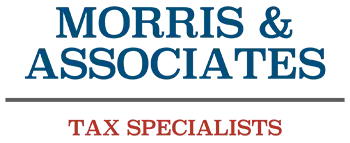Until a final federal rule is published, the IRS wants to remind everyone that marijuana is still considered a Schedule I controlled substance and falls under the limitations of the Internal Revenue Code.
The classification of marijuana hasn’t changed. Taxpayers trying to get refunds by filing amended returns related to Section 280E of the Internal Revenue Code won’t be successful.
Despite no changes in the law, some taxpayers are still filing amended returns based on various grounds, but these claims aren’t valid. The IRS is actively addressing these filings.
Section 280E disallows all deductions or credits for any expenses incurred in businesses that illegally traffic Schedule I or II controlled substances, according to federal law. This rule affects businesses selling marijuana, even in states where it’s legal. However, Section 280E does allow these businesses to reduce their gross receipts by the cost of goods sold when calculating their gross income.
On May 21, 2024, the Justice Department published a notice of proposed rule-making to start the formal process of considering rescheduling marijuana under the Controlled Substances Act. Until a final rule is published, marijuana remains a Schedule I controlled substance, subject to Section 280E limitations.
For more information, the IRS has an FAQ and additional resources related to the cannabis industry on IRS.gov.







